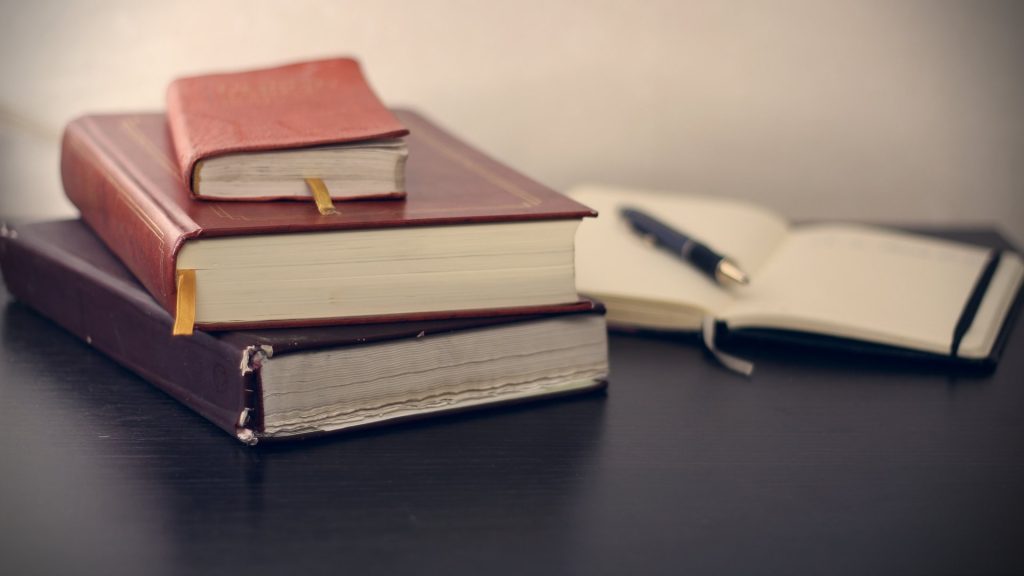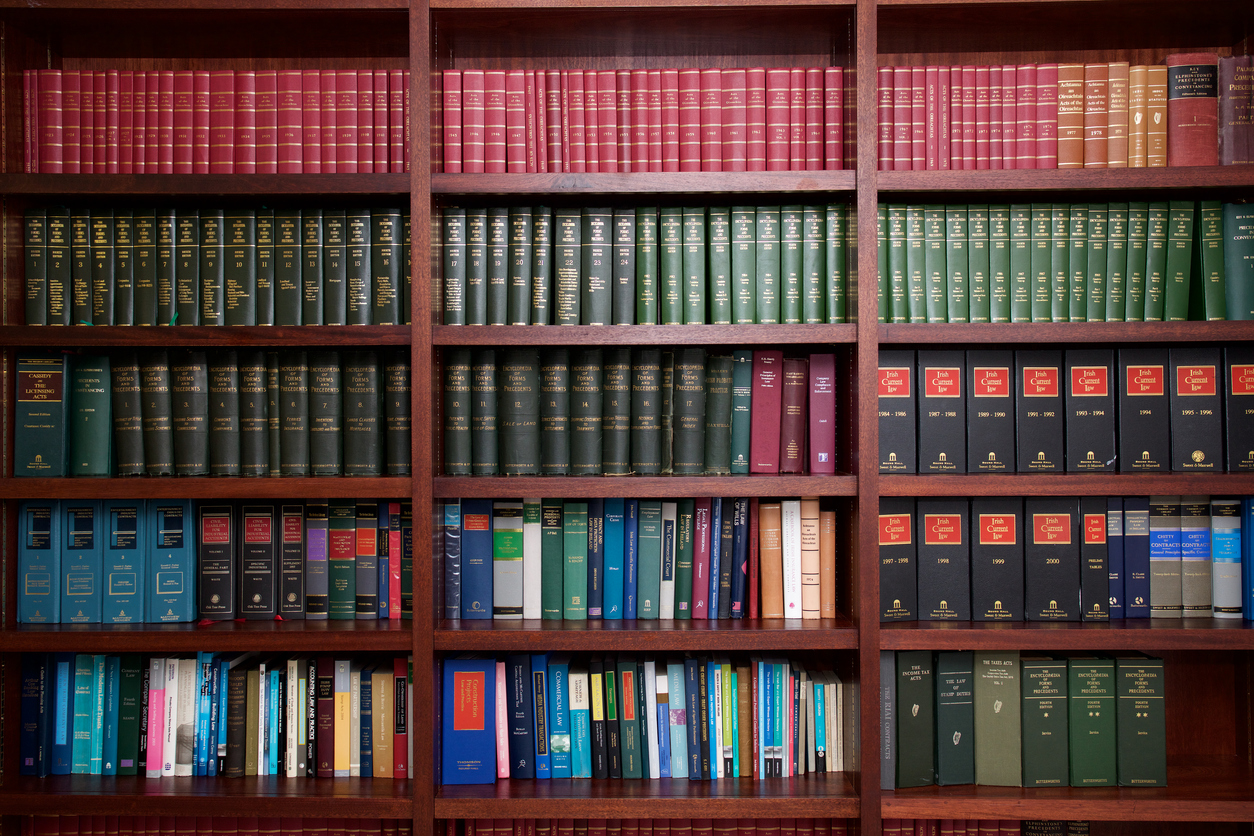In the United States, many prisons have a legal library. In most cases, you can use the books and other information in this library to help you with any legal matters you may have. But your rights to use the legal library in prison can be a little complicated.
Do all prisons have to have a legal library?
Not all prisons have legal libraries. But over the years, the Supreme Court has addressed legal access for people in prison several times. One case from 1977, Bounds v. Smith stands out most. In that case, the Court ruled that prisons must provide people inside with “access to the court” through “law libraries or alternative sources of legal knowledge.”
In many cases, this means a legal library. But it can also mean a person with legal training. That can be an attorney, a paralegal or even a law student. It can also be a combination of a library and legal aid.
What rights do you have to access legal information?
You have the right to access legal assistance. But the Supreme Court only ruled that prisons must give you access to the courts through law libraries or alternative sources of legal knowledge. How that actually applies in your prison can vary greatly.
In some places, you may have unlimited access to the law library. But in others, this access can be limited. Some prisons require people to reserve time in advance. Sometimes even that is subject to approval.
Many prisons have gotten rid of legal books entirely. Instead, they allow people to access information on a computer. Some use services like LexisNexis to provide access to materials. LexisNexis is a popular online research tool use by many attorneys, law firms, courts and other legal entities across the country.

What rights do you have if you get denied access to the prison legal library?
Prisons are required to provide you with “access to the court.” If they don’t, you have rights that allow you to file a lawsuit over your lack of access to the legal library in prison.
However, it is not easy to win these lawsuits. In a 1996 case called Lewis v. Casey, the Supreme Court limited its earlier ruling from Bounds. This ruling requires you to show “actual injury” from being denied access to the law library. Typically, you must show that your lack of access to the library significantly affected a court ruling against you. And that can be very difficult to prove, especially without access to legal materials.
In fact, only one person has ever won a lawsuit over court access since Lewis. As a result of the ruling in that case, several other states closed their legal libraries, too.
The Takeaway:
Many prisons have some form of a legal library. Some don’t. The Supreme Court has ruled that courts must provide incarcerated people with “access to the court” through “law libraries or alternative sources of legal knowledge.” You do have the right to use the legal library if your prison has one. If it doesn’t, you should have access to someone with legal training.
However, different states have different ideas about what this means. In a practical sense, you may not have easy or useful access to legal materials or even someone trained in the law. You do have the right to file a lawsuit if that happens. But is very rare that people win such a suit against the government.






